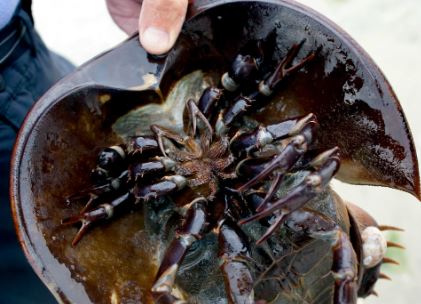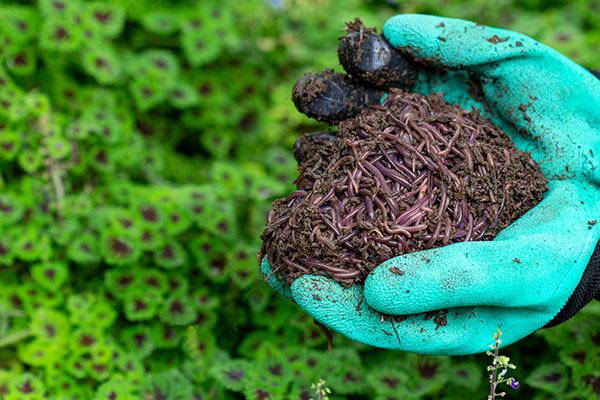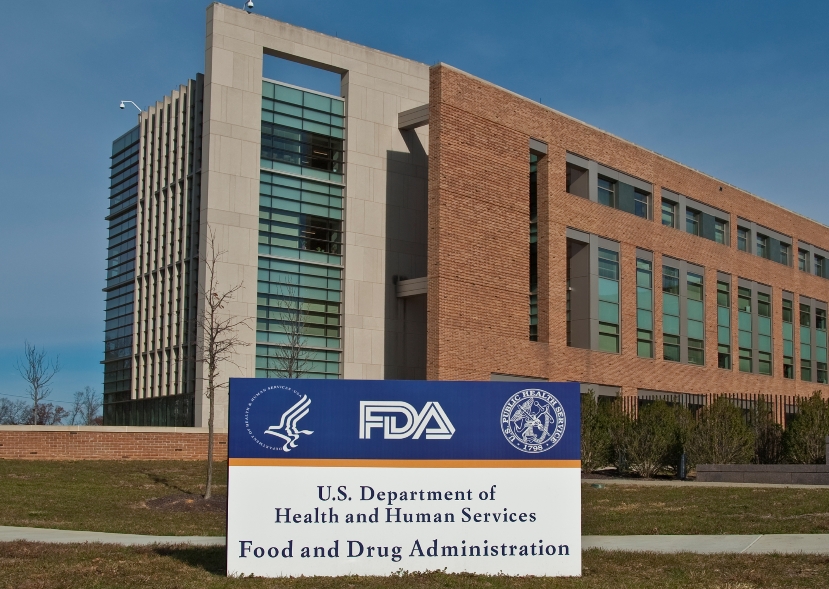
Even though the five-year survival rates for the earliest stages of colorectal cancer are "relatively good," the later stages chances of survival decline as the risk of cancer recurrence spikes. Colorectal cancer is one of the most common cancers in the world, especially in developed countries.
A group of scientists from the National University of Singapore (NUS) Medicine lab of Associate Professor Matthew Chang is looking into possible solutions for this concern, and they have announced the discovery of one possible answer.
Based on the results of their study, "a humble cocktail of bacteria and vegetables" can be used to create a "targeted system" that will hunt down and eliminate colorectal cancer cells. Dr. Chun-Loong Ho led the study, which was published in the current issue of Nature Biomedical Engineering.
This "cancer-targeting system" features a manipulated strain of E. coli Nissle, which is a harmless type of bacteria found in the stomach. The researchers used genetic techniques to convert the bacteria into a probiotic that adhered to the surface of colorectal cancer cells. The probiotic releases an enzyme that can turn a substance in cruciferous vegetables such as broccoli into a powerful "anticancer agent."
The goal was to make the cancer cells in the area incorporate the anticancer agent which will "kill" the former. The normal cells are unable to do the conversion and they remain unaffected by the toxin so the system only targets harmful colorectal cancer cells. (Related: Broccoli sprouts - Up to fifty times more cancer fighting benefits than broccoli alone.)
The study's results show that mixing the engineered probiotics with a broccoli extract or water mixed with the dietary substance destroyed over 95 percent of colorectal cancer cells in a dish. The mixture didn't affect cells from other cancer types like breast and stomach cancer.
Remarkably, the probiotics/vegetable mixture significantly reduced the number of tumors in mice with colorectal cancer by 75 percent. Even the tumors detected in the mice were at least thrice as small than those found in control mice that weren't fed with the mixture.
Dr. Ho and Associate Professor Chang, together with colorectal cancer specialist Dr. Yong Wei Peng from the National University Hospital, hope that these probiotics could be used to prevent cancer and to "clean up" the cancer cells left behind once tumors are surgically removed. The experts believe that one day, patients with colorectal cancer patients can even take the probiotics in the form of a dietary supplement together with vegetables such as broccoli to prevent colorectal cancer or to minimize the chances of a recurrence following cancer surgery.
Associate Professor Chang concluded, "One exciting aspect of our strategy is that it just capitalizes on our lifestyle, potentially transforming our normal diet into a sustainable, low-cost therapeutic regimen. We hope that our strategy can be a useful complement to current cancer therapies."
Dr. Ho's added, "Mothers are right after all, eating vegetables is important."
Natural remedies for colorectal cancer
While we're waiting for updates on the research concerning these probiotics, here are some powerful natural remedies for colorectal cancer:
- Blueberries - A superfood rich in content of antioxidants, blueberries are full of catechin, quercetin, flavonoids, phenolic compounds, and proanthocyanidins. The antioxidants in blueberries can have a positive effect on cancerous cells, and they can boost your immune system.
- Spinach - Full of nutrients, spinach is also high in fiber, which makes it one of the best remedies for colorectal cancer.
- Olive oil - Olive oil has a rich phenolic content that can help eliminate cancer, and it also promotes enzyme production in the gut and intestines that can improve nutrient uptake and protect against "cancerous invasion."
You can read more articles about other superfoods and natural cures at Healing.news.
Sources include:
Please contact us for more information.























